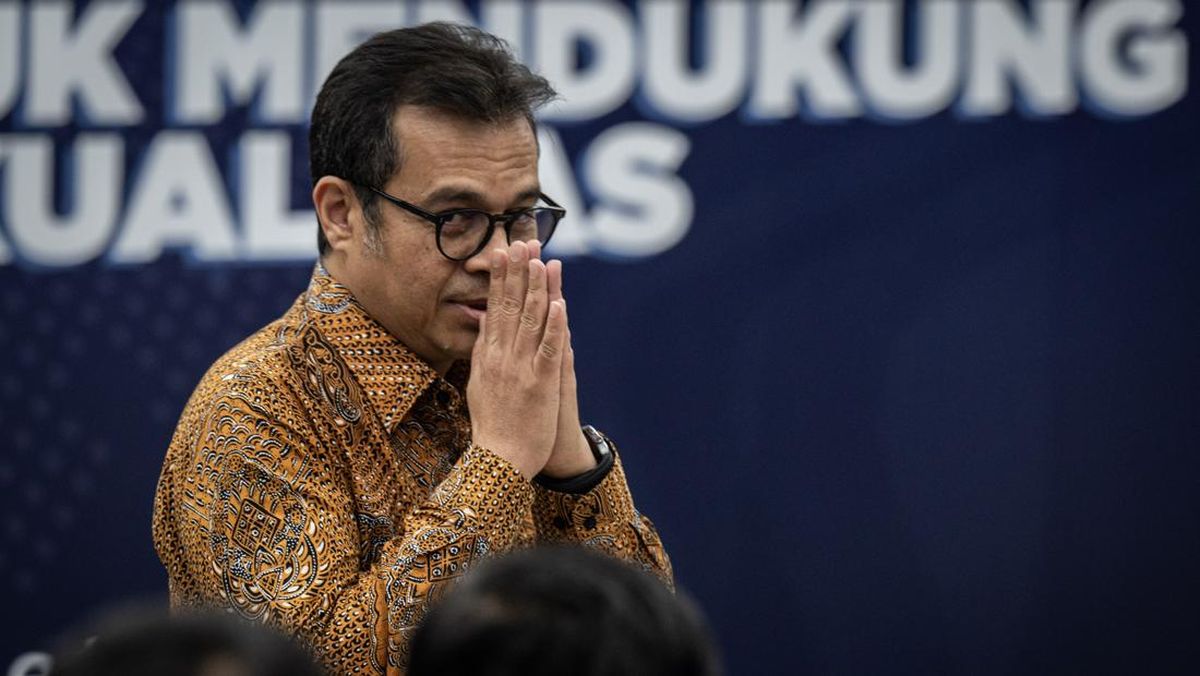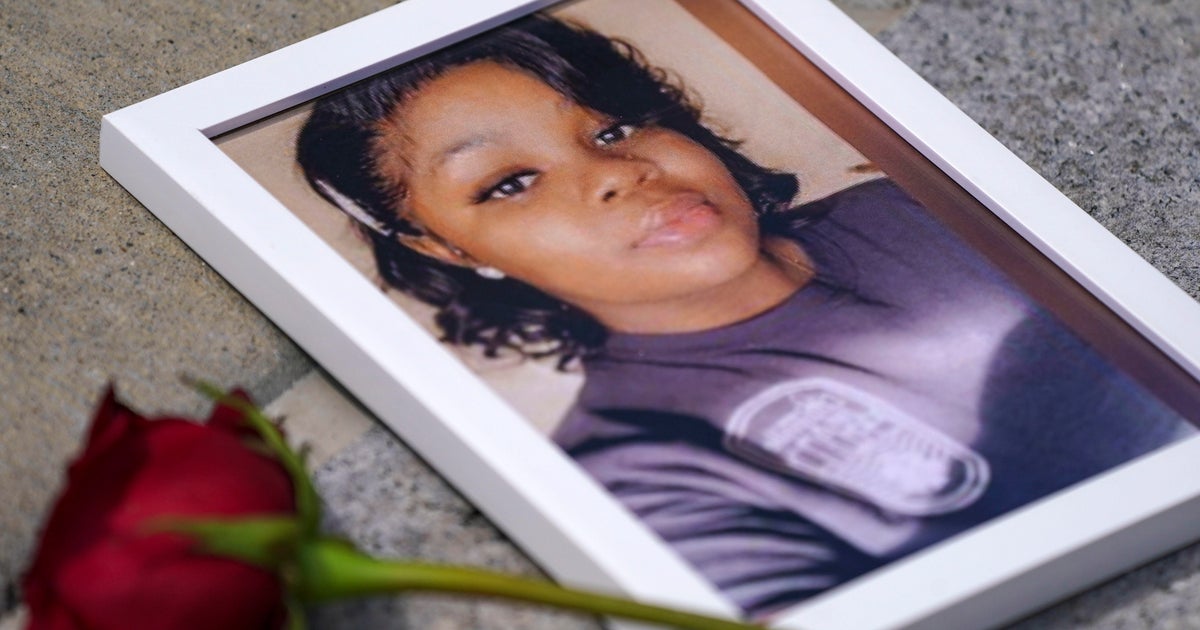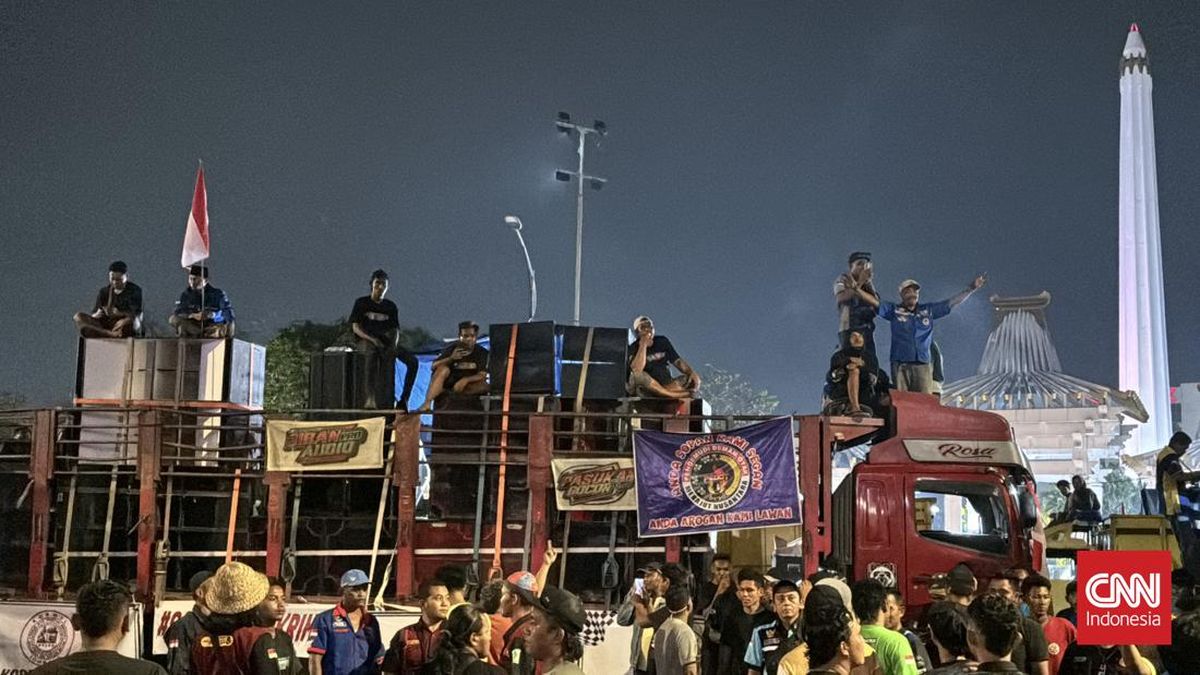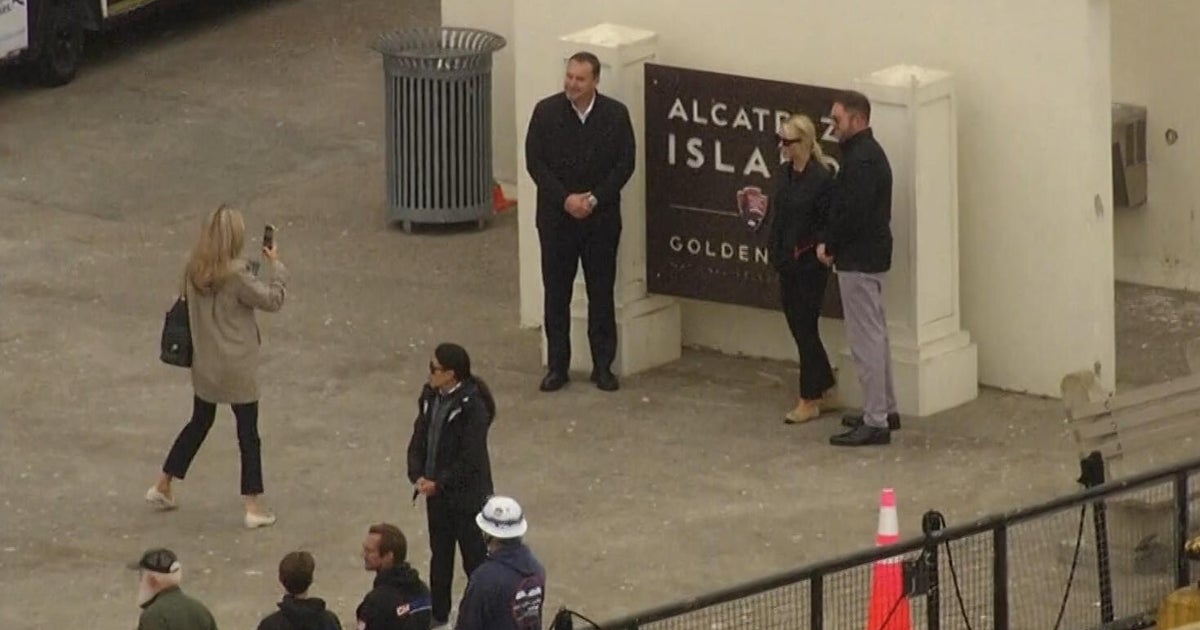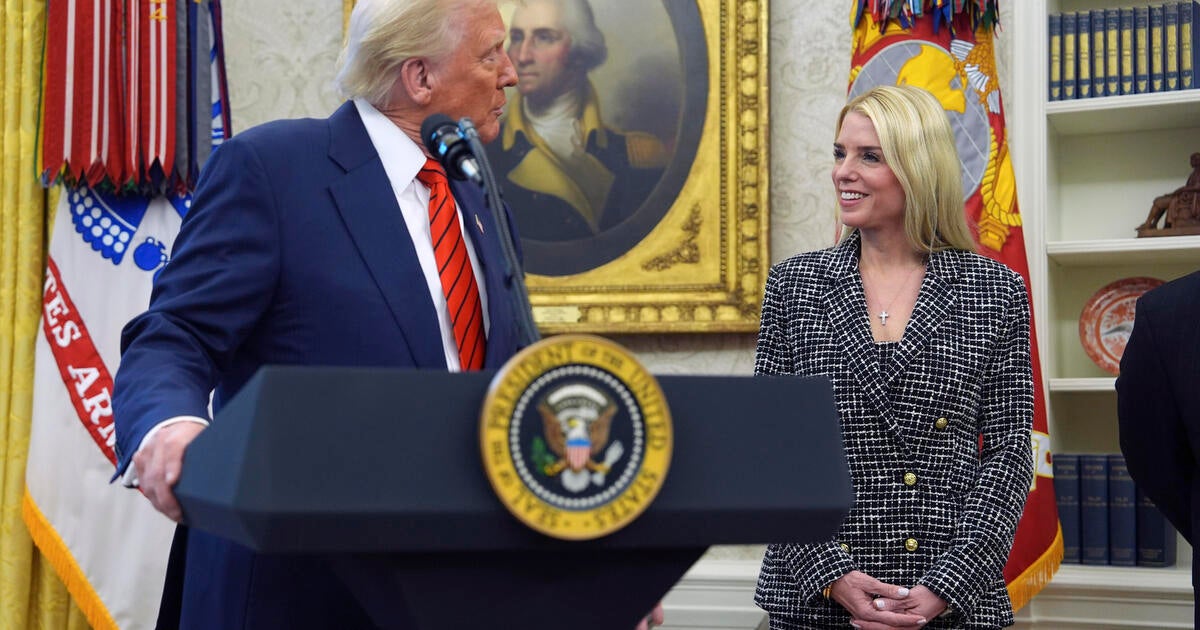Training thoroughbreds proved a lucrative vocation for Gai Waterhouse, but she’d be hard-pressed to find a pony that can deliver as enduring a return as her 1978 appearance on cult UK TV series Doctor Who. For nearly half a century, Waterhouse has received an annual royalty payment from Doctor Who’s owner, the BBC. Last month, it was $225.57. “In another lifetime, I acted in London,” she explains. “I’m still receiving royalties. Isn’t it incredible?”
At 23, she starred as an animal pelt-wearing hunter named Presta, opposite the fourth doctor, Tom Baker. Last year, the BBC estimated the show made £100 million annually in licensing, merchandising deals and broadcast sales. However, Waterhouse is a rarity; back then, “residuals” weren’t common for actors.
From 1968 to 1970, Sydney actor Tony Bonner, now 81, played the dashing helicopter pilot Jerry King on Skippy, another hugely successful TV series that screened in more than 100 countries. Bonner launched an ambitious court case in 2008 for a share of royalties, suing the production company, Fauna, for $750,000 in the NSW Supreme Court. But Bonner’s claim failed after Justice Ian Gzell found Bonner had been paid $140 a week in accordance with his contract and was not entitled to any further share of Skippy‘s profits, having assigned all rights to Fauna. “While my case wasn’t a success, I do feel it helped other actors coming through,” Bonner tells me. “Knowledge is power.”
TV historian Andrew Mercado says up until the 1980s, only a few actors “had the foresight to demand a contract that would pay them for repeats past the initial two runs … they didn’t think of VHS and box sets, let alone streaming.”
In 2017, Rowena Wallace, once one of the highest-paid actors in the country for her role as “Pat the rat” in the ’80s soap Sons and Daughters, revealed on national TV that she was so poor she couldn’t feed herself after paying for her pet’s dog food. Her co-star, the late Leila Hayes, waged a lengthy but unsuccessful battle with the show’s producer, the late multimillionaire media mogul Reg Grundy, over residuals.
Loading
In 2013, Colette Mann, who played inmate Doreen in Grundy’s Prisoner and was also the actors’ union rep on set, revealed she went to court to get a residuals deal for the cast, which only came into effect after Prisoner had ended; it resulted in modest payments. But Val Lehman, who played Bea Smith and was one of the show’s top stars, negotiated her own contract that included ongoing royalties, including DVD sales.
Like Gai Waterhouse’s Presta, Queen Bea’s life of crime is still reaping dividends, it seems.
To read more from Good Weekend magazine, visit our page at The Sydney Morning Herald, The Age and Brisbane Times.


